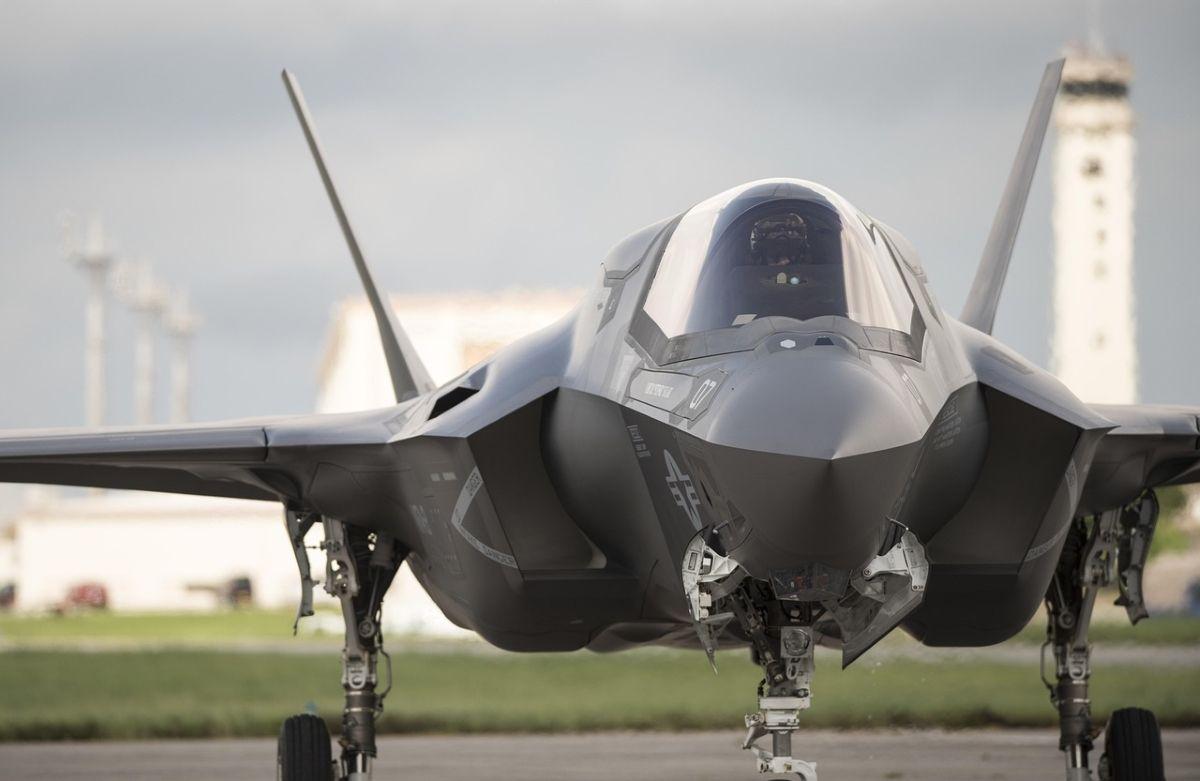Trump Courts MBS With F-35 Offer and Mega Deals as Ties Reset
By Tredu.com • 11/18/2025
Tredu

What happened, and why it matters
Trump Courts MBS With F-35 Offer and Mega Deals as Ties Reset, with U.S. officials signaling interest in a potential fighter sale alongside a package of commercial accords. The administration’s phrasing, Trump Courts MBS With F-35 Offer, Mega Deals, frames a reset that blends security cooperation and investment commitments. The visit places defense exports, technology partnerships, and energy projects on a single track, and it reopens long paused conversations about how to deepen ties while preserving U.S. policy guardrails.
The fighter question and the approval path
Authorizing F-35 deliveries to Saudi Arabia would be a strategic shift. Any sale would face interagency vetting, technology security reviews, and a congressional notification period. Israel’s qualitative military edge remains a statutory consideration, so variant configuration, software access, and sustainment data would draw close scrutiny. Timelines would stretch across many quarters, since export baselines, pilot training, and base preparations must align before first aircraft arrive.
Business deals beyond defense
Officials are also courting Saudi capital for U.S. projects in advanced manufacturing, data centers, and energy. Riyadh seeks technology transfer and credible partners for Vision 2030. Expect memoranda of understanding first, then phased commitments tied to site control, power access, and local workforce plans. Execution risk is real, yet milestone based financing and joint ventures can convert announcements into contracted cash flows.
Congress, compliance, and human rights
Lawmakers from both parties are likely to test the package. Human rights, end use monitoring, and protection of sensitive data will shape hearings and markups. Conditions can include basing constraints, third party access limits, and periodic compliance reporting. The White House must show that the bundle advances U.S. interests, that it preserves regional stability, and that it does not erode allied advantages.
Regional diplomacy and normalization
The security pillar intersects with diplomacy. Washington continues to probe steps that could move regional normalization forward, paired with defined progress on Palestinian parameters. A phased approach is more plausible than a single bargain. Each tranche of cooperation would come with verification clauses, a design that spreads political risk over time.
Lockheed Martin implications
Lockheed Martin, the F-35 prime contractor, would be a central corporate beneficiary if an export path takes shape. A Saudi order could lift the long tail of production, smooth factory loading at Fort Worth, and thicken the sustainment pipeline for engines, avionics, and software support. The near term effect would likely show up first in backlog and incremental long lead funding, then in multi year revenue from airframes, spares, training systems, and performance based logistics. Margins on international F-35 lots tend to reflect scale and learning curve effects, so added volume can support overhead absorption and pricing stability, even if unit prices continue to normalize with larger lots. Supply chain partners in composites, mission systems, and propulsion would see pull through, although export configuration choices and cyber protections could add cost and schedule complexity. Investors should note two caveats: congressional conditions can reshape scope, and stretched delivery slots could push the revenue curve to the right if domestic priorities or allied queues take precedence.
Market and index read through
Contractors across the fighter and mission systems ecosystem usually trade on headline probability rather than final signature. A credible path to approval can re rate names tied to sensors, training, and depot work. If Congress signals resistance, the trade can unwind quickly. Outside defense, potential Saudi commitments in energy, infrastructure, and technology would filter to utilities, equipment makers, and data center developers that can secure land and power.
Execution risks that could slow momentum
Three frictions stand out. First, policy guardrails, since technology security and human rights conditions can delay notifications or shrink scope. Second, regional volatility, which can change the sequencing of hardware, training, and basing within weeks. Third, industrial constraints, especially power access for data heavy projects and skilled labor for shipyards, air bases, and construction programs. Each risk affects the conversion rate from communiqués to funded awards.
What to watch in the coming weeks
Signals to track include formal congressional notifications, variant and count details, and whether the administration links milestones to regional diplomacy steps. On the commercial side, watch for site announcements in U.S. states that advertise shovel ready land and firm interconnects, since those factors often decide which projects move first. For Lockheed Martin, monitor production lot negotiations, supplier lead times, and any guidance on international mix within the F-35 line.
How investors are framing the setup
Portfolio managers describe a barbell. On one side, defense primes and electronics suppliers that can convert political intent into backlog and sustainment. On the other, U.S. infrastructure and technology platforms that can absorb Saudi capital under transparent rules. Position sizing reflects process risk: allocations rise as notifications and contracts clear, and fade if hearings signal tougher terms.
Bottom line
The administration is testing a twin track, security plus business. If Congress accepts an F-35 framework and if commercial accords move from intent to obligation, the reset could bind the U.S. and Saudi Arabia more tightly on policy and capital. For Lockheed Martin, a Saudi path would extend the F-35 production and sustainment curve, although approval steps, variant constraints, and scheduling priorities will shape how much and how fast.

How to Trade Like a Pro
Unlock the secrets of professional trading with our comprehensive guide. Discover proven strategies, risk management techniques, and market insights that will help you navigate the financial markets confidently and successfully.


